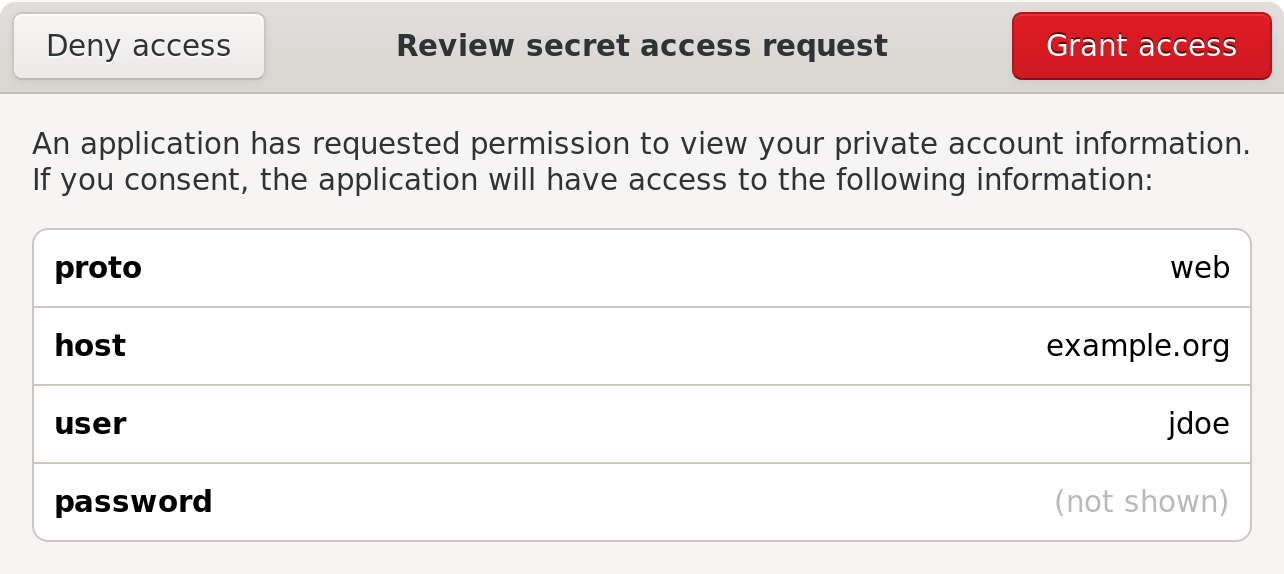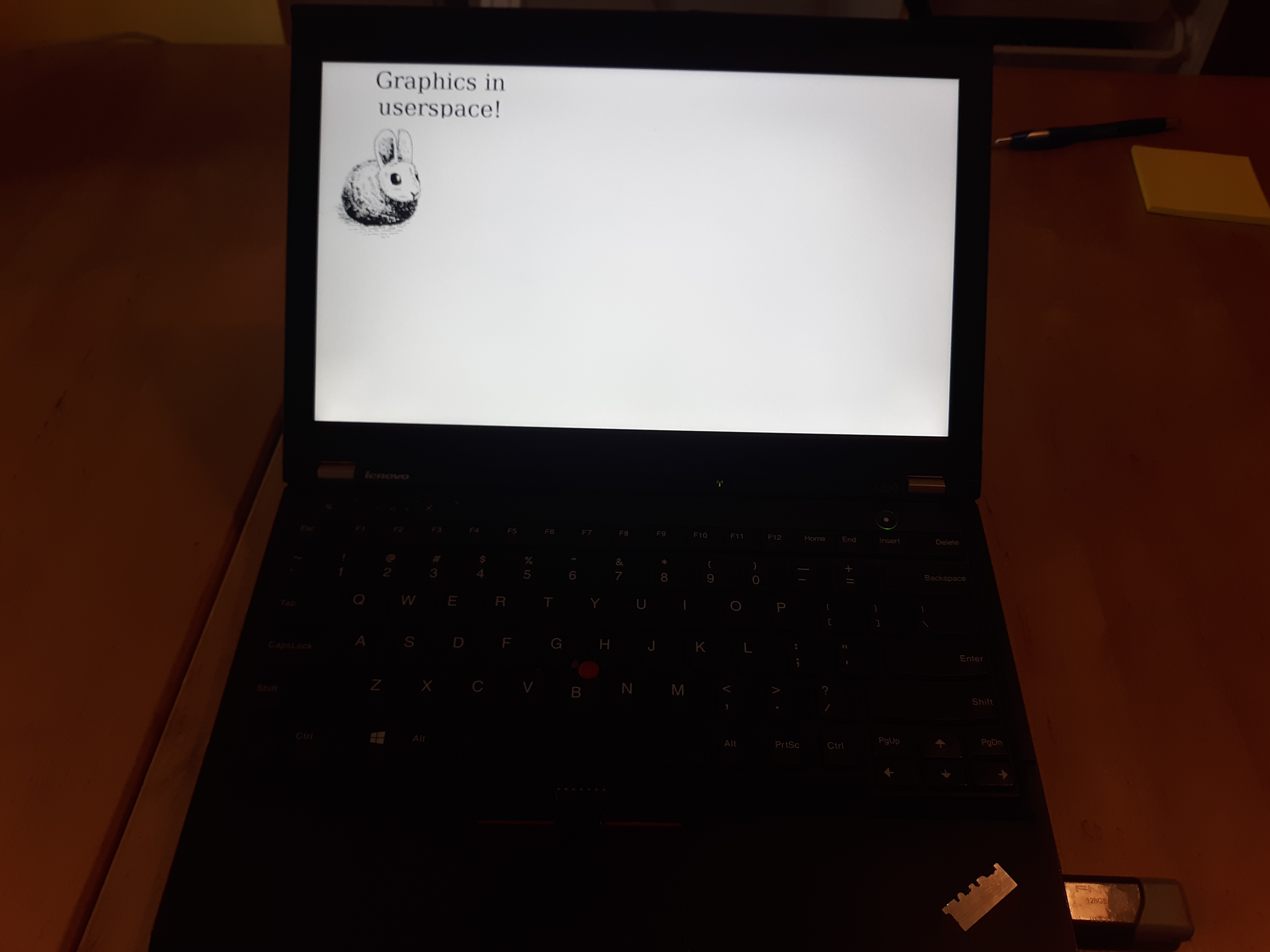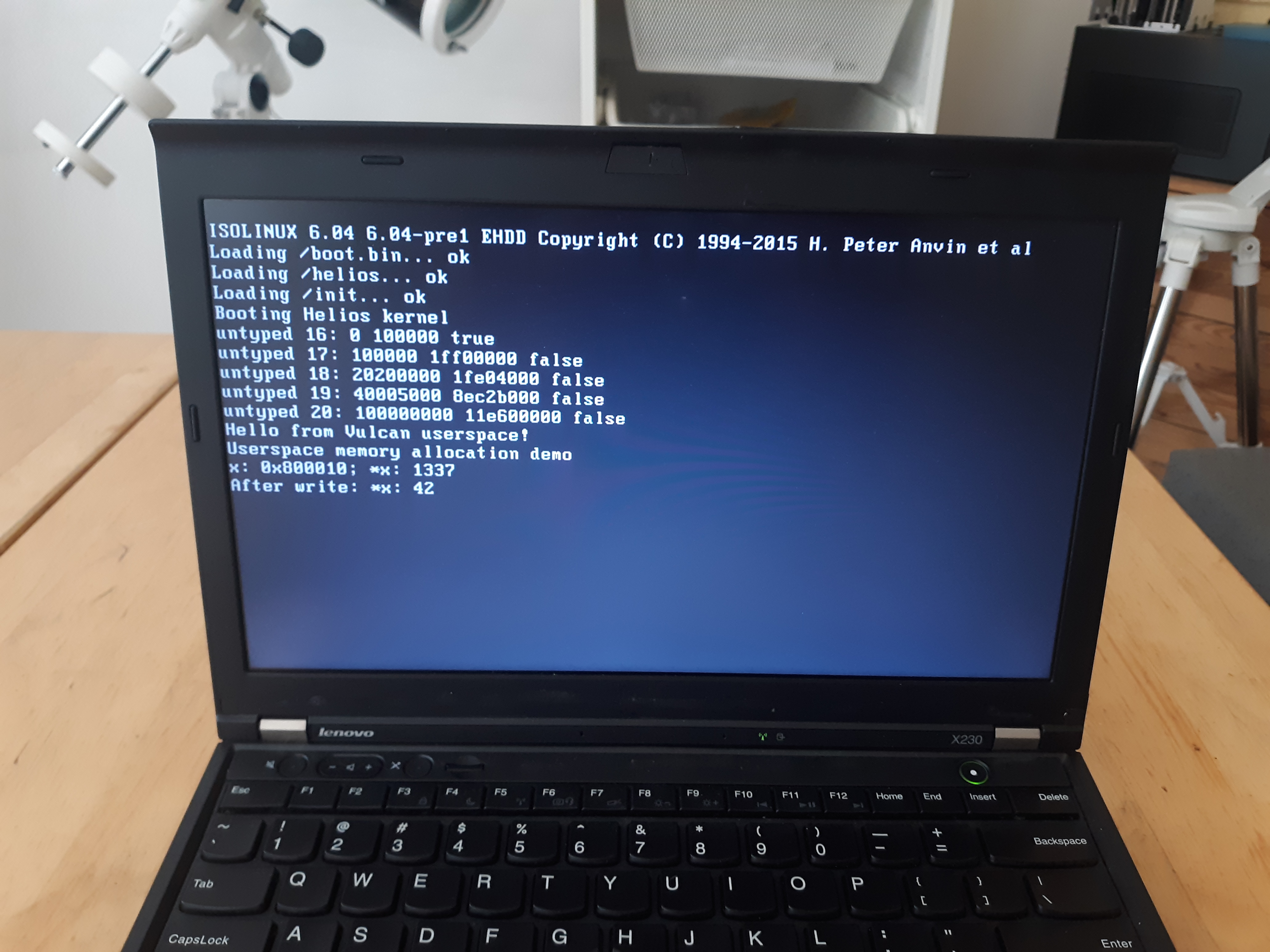Feed digilinux.ru [copy] http://digilinux.ru/feed/ has loading error: cURL error 22: The requested URL returned error: 403 Forbidden
Feed freepost [copy] https://freepo.st/rss/new has loading error: cURL error 22: The requested URL returned error: 500 Internal Server Error
Feed Pete [copy] https://debu.gs/blog/feed.rss has loading error: cURL error 60: SSL certificate problem: certificate has expired
Все должны пойти на демосцену

Да, именно так должен называться анонс фестиваля компьютерного искусства и самодельной электроники, проходящего в этом году, 20-21 августа, неподалеку от Санкт-Петербурга. Название для анонса мне посоветовал человек с никнеймом @Superogue - основатель и ведущий онлайн-фестиваля демосцены Lovebyte. Он, в свою очередь, приводит в пример анонс фестиваля Outline 2022, который имел похожий заголовок: Everyone Should Go To A Demo Party.
Потому что демосцена - это круто.
Читать далееStatus update, July 2022
Hello there! It’s been a hot July week in Amsterdam, and I expect hotter days are still to come. I wish air conditioning was more popular in Europe, but alas. This month of FOSS development enjoyed a lot of small improvements in a lot of different projects.
For Hare, I have introduced a number of improvements. I wrote a new standard library module for string templates, strings::template, and a new third-party library for working with pixel buffers, pixbuf. The templating is pretty simple — as is typical for the standard library — but allows a fairly wide range of formatting options. We’ll be extending this a little bit more...
The Fediverse can be pretty toxic
Mastodon, inspired by GNU social, together with Pleroma, form the most popular components of what we know as the “Fediverse” today. All of them are, in essence, federated, free software Twitter clones, interoperable with each other via the ActivityPub protocol.
In many respects, the Fediverse is a liberating force for good. Its federated design distributes governance and costs across many independent entities, something I view as a very strong design choice. Its moderation tools also do a pretty good job of keeping neo-nazis out of your feeds and providing a comfortable space to express yourself in, especially if your form of expression is maligned by society. Large groups of...
Porting Doom to Helios
Doom was an incredibly popular video game by Id software which, six years following its release, was made open source under the GPLv2 license. Thanks to this release, combined with the solid software design and lasting legacy of backwards compatibility in C, Doom has been ported to countless platforms by countless programmers. And I recently added myself to this number :)
I’m working on a new kernel called Helios, and I thought that porting Doom would present a good opportunity for proving the kernel design — you never know if you have a good design until you try to use it for real. Doom is a good target...
GitHub Copilot and open source laundering
Disclaimer: I am the founder of a company which competes with GitHub. I am also a long-time advocate for and developer of free and open source software, with a broad understanding of free and open source software licensing and philosophy. I will not name my company in this post to reduce the scope of my conflict of interest.
We have seen an explosion in machine learning in the past decade, alongside an explosion in the popularity of free software. At the same time as FOSS has come to dominate software and found its place in almost all new software products, machine learning has increased dramatically in sophistication, facilitating...
Introducing the Himitsu keyring & password manager for Unix

Himitsu is a new approach to storing secret information on Unix systems, such as passwords or private keys, and I released version 0.1 this morning. It’s available on Alpine Linux community and the Arch User Repository, with more distributions hopefully on the way soon.
So, what is Himitsu and what makes it special? The following video introduces the essential concepts and gives you an idea of what’s possible:
If you prefer reading to watching, this blog post includes everything that’s in the video.
What is Himitsu?Himitsu draws inspiration from Plan 9’s factotum, but polished up and redesigned for Unix. At its core, Himitsu is a key/value store and a...
Status update, June 2022

Hello again! I would like to open this post by acknowledging the response to my earlier post, “bleh”. Since it was published, I have received several hundred emails expressing support and kindness. I initially tried to provide these with thoughtful replies, then shorter replies, then I had to stop replying at all, but I did read every one. Thank you, everyone, for sending these. I appreciate it very much, and it means a lot to me.
I have actually had a lot more fun programming this month than usual, since I decided to spend more time on experimental and interesting projects and less time on routine maintenance or...
The Helios microkernel

I’ve been working on a cool project lately that I’d like to introduce you to: the Helios microkernel. Helios is written in Hare and currently targets x86_64, and riscv64 and aarch64 are on the way. It’s very much a work-in-progress: don’t expect to pick this up and start building anything with it today.
Drawing some inspiration from seL4, Helios uses a capability-based design for isolation and security. The kernel offers primitives for allocating physical pages, mapping them into address spaces, and managing tasks, plus features like platform-specific I/O (e.g. reading and writing x86 ports). The entire system is written in Hare, plus some necessary assembly for the platform bits...
bleh
A few weeks ago, the maintainer of a project on SourceHut stepped down from their work, citing harassment over using SourceHut as their platform of choice. It was a difficult day when I heard about that.
Over the past few weeks, I have been enduring a bit of a depressive episode. It’s a complex issue rooted in several different problems, but I think a major source of it is the seemingly constant deluge of hate I find myself at the receiving end of online. I had to grow a thick skin a long time ago, but lately it has not been thick enough. I am finding it...